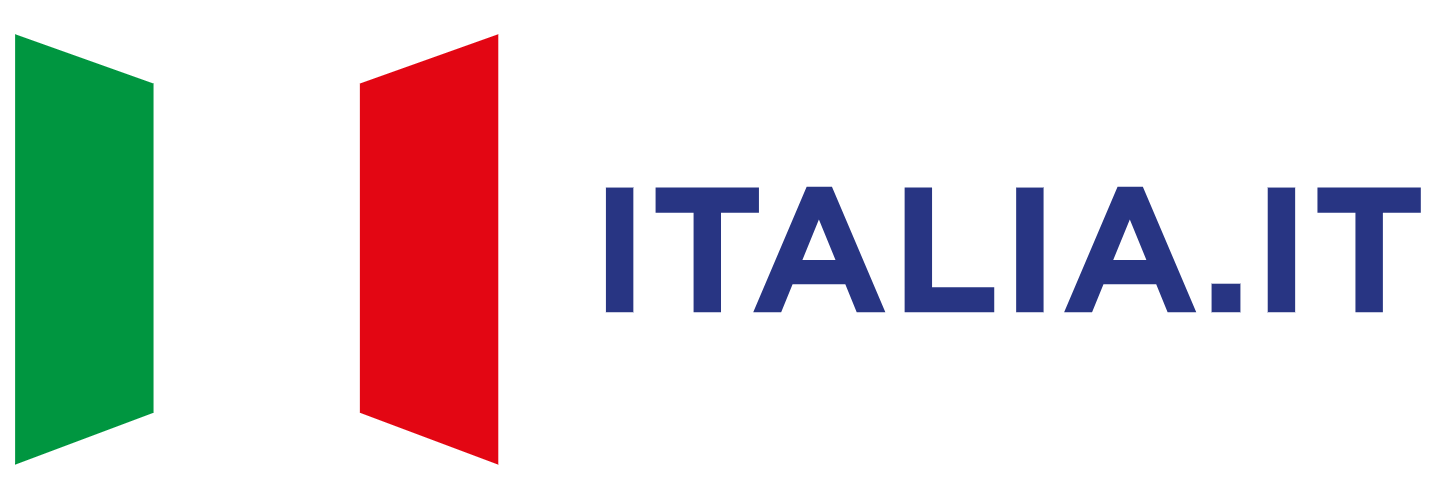ENIT presents exclusive Italian elegance, charm and lifestyle at ILTM Cannes

PRESS RELEASE
ITALY, THE QUINTESSENCE OF LUXURY TOURISM
ENIT PRESENTS EXCLUSIVE ITALIAN ELEGANCE, CHARM AND LIFESTYLE AT ILTM CANNES
BY 2025, LUXURY TOURISM WILL HAVE GROWN MORE THAN ANY OTHER KIND
Italy, the ultimate exclusive destination. This is one of the main findings of the ENIT study conducted by Unioncamere with technical support from Isnart (October 2023). More than 20% of foreign tourists choose Italian destinations, attracted specifically by the country’s lifestyle which holds an ‘allure of exclusivity’. Booming Italian luxury tourism is intercepting the great return of travellers in 2023 and benefiting from the financial power of big spenders, less affected than other travellers by geopolitical and macroeconomic uncertainty. Far from discouraging this clientele, the pricing policy adopted by most of Italy's high-end accommodation during the 2023 season has actually made Italy even more attractive, positioning itself as an ‘ideal destination’.
Confirming this positive trend, the Italian high-end tourism sector is returning to the ILTM trade fair in Cannes for its 2023 edition. “Investing in luxury tourism is an essential step towards consolidating our position in the global tourism market and ensuring long-term sustainable development for our nation. Luxury tourism not only contributes significantly to the economy but also promotes Italy's image as an elite destination at world level. Our treasure trove of cultural, artistic and culinary heritage is enhanced by luxury experiences, attracting a discerning clientele willing to pay for first-class hospitality. This spending generates substantial revenue as well as high-quality and lasting employment opportunities. What is more, luxury tourism underlines our commitment to sustainability, promoting eco-friendly practices and enabling us to preserve Italy’s natural and historical beauty for future generations. We have a duty to lead the way in offering exclusive services, partnering with prestigious brands and developing high-quality infrastructures to uphold Italy’s status as a world-class luxury destination”, says Ivana Jelinic, Chair and CEO of ENIT. At its 640 sq.m stand, ENIT (the Italian National Tourist Board) is coordinating representation of 13 regions and provinces (Basilicata, Campania, Lazio, Liguria, Lombardy, Marche, Apulia, Sicily, South Tyrol, Trentino, Tuscany, Umbria and Veneto), the cities of Rome and Milan, four Convention Bureaus, Trenitalia and a large number of DMCs/tour operators, MICE, tourist boards, exhibition centres, luxury hotels, meeting planners, boutique hotels and bathing establishments, totalling 143 industry operators (38 of whom are represented at individual stands). Luxury Italy in Cannes offers international buyers a wide range of products and services, including cultural and unique attractions, ecotourism, family holidays, gastronomic travel experiences, meeting and conference venues, natural wonders, outdoor sports, golf, private villas, serviced apartments, shopping experiences, ski resorts, spas and wellness centres, yacht chartering and sailing holidays, parties, anniversaries, weddings and honeymoons. The sector’s adaptability gives it an additional edge. Indeed, the Italian luxury industry offers different approaches to suit all nationalities and clientele types. For instance, it offers discreet and refined luxury for French customers, hidden luxury for Dutch customers and luxury focusing on eco-sustainability for Swedish customers.
Traditionally viewed as the ideal destination for the affluent/families/honeymooners, anniversary and celebration segment, Italy is now increasingly attracting millennials and Generation Z, younger customers looking for responsible and original experiences. The strength of Italian luxury tourism also lies in its capacity for renewal. In 2024, the number of five-star establishments - chosen predominantly by high-end travellers - will increase from 682 to 702, reaching 712 in 2025 (source: Thrends). Luxury tourism is deeply committed to digitisation and eco-responsibility to meet the needs of the industry while considering environmental impact and to adapt to the aspirations of a younger clientele. Increasingly quality- and sustainability-conscious, the sector is also contributing to enhancement of Italy’s cultural and local heritage. Alongside its great art cities, charming seaside locations and famous mountain resorts, traditionally popular among luxury travellers, Italy's new challenge is to expand its offering with less mainstream destinations for this exclusive clientele. Luxury tourism encompasses all sectors of Italy’s tourist industry, accounting for 3% of the national GDP, of the 6% represented by tourism in general, or even 13% of the GDP if we consider all the economic activities that derive from it, such as tours, catering, etc. The luxury tourism sector is expected to grow faster than any other type of tourism by 2025 (source: CNR-IRISS).
Luxury holidays have traditionally been associated with expensive accommodation and first-class travel. However, the sector has evolved significantly in recent years, incorporating unique, tailored and enriching experiences for people during their stay. Overall, the estimated global luxury travel market of 2022 is set to increase by +6% by 2032 (source: ENIT Research Department based on Statista/Future Market Insights data). In 2023, the number of luxury hotel rooms available worldwide will exceed 1.5 million. Between the early ‘80s and 2023, the luxury hotel offering increased by approximately +191% and is expected to increase by a further +12% by 2033. Globally, there are 197,000 active super deluxe hotel rooms, up +46% on the previous decade. In the period 1983-2023, the super deluxe hotel offering has increased by +447% (source: ENIT Research Department based on Statista/JLL data) According to a study conducted in the second quarter of 2023, the majority of affluent consumers surveyed had purchased travel products in the previous 12 months. 76% of purchasers aged 18 to 39 and 56.5% of those aged 40 and over reported multiple purchases. Eating in a fine-dining restaurant during a holiday and staying in 5-star and 5-star deluxe hotels are the most common activities during their holidays, each indicated by 61.2% of respondents. Some 53.0% relaxed in a spa, while 51.4% shopped in a duty-free store and 48.4% travelled first class for business (source: ENIT Research Department based on Statista/Aliant data).
In Italy, 4-star, 5-star and 5-star deluxe accommodation altogether accounts for 21.7% of all of hotel establishments, 3.0% more in 2022 than in 2021.
The total stays recorded in 5-star and 5-star deluxe hotels alone (more than 11.3 million) increased by +63.2% compared to 2021 and were close to the levels of 2019 (-2.9%). The average stay is three nights. Specifically, international visitors to these facilities (at 8.2 million) account for 72.7%, almost double the figures from 2021 (+99.1%). Stays by Italian nationals account for 27.3%, growing by +10.4%. (Source: ENIT Research Department based on ISTAT data) Most international travellers come to Italy mainly for holidays, whether cultural (47.9%), for nature/landscape retreats (47.5%) or to enjoy local food and wine (43.2%). The same travellers, albeit to a smaller extent, are also attracted by shopping experiences and visit the country to purchase the luxury/fashion items in which Italian manufacturing excels (6.3%). This motivation relates most to Generation Z (aged 18-30, at 9.6%) and Y (aged 31-45, at 6.9%). Socio-economic status is high (15.3%). Among French respondents, more than half chose Italy as their holiday destination, mainly to visit monuments, museums and palaces (57.5%), to experience nature and the landscape (49.1%), or to enjoy food and wine (44.5%). Among other reasons, 5.4% of respondents visited Italy to purchase luxury/fashion items. These are particularly Baby Boomers (over 60s, at 7%), Generation Y (aged 31-45, at 6%) and consumers of high socio-economic status (18.8%) (source: ENIT Research Department based on an ENIT/Euromedia Research survey).
Francesca Cicatelli
ENIT Press Office
Phone: +39 06 4971 480

